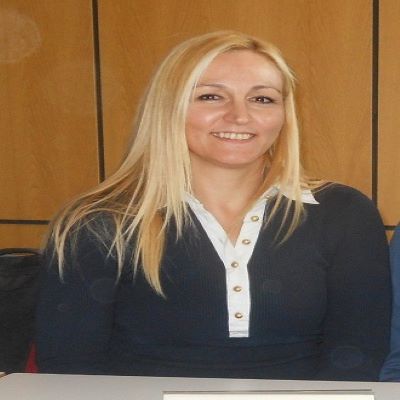
Title: Nature-based solutions to mitigate pollutants and climate change impacts at the Black Sea region
Abstract:
Climate change as well as the anthropogenic activities pose many challenges for the long-term sustainability of ecosystems and economic prosperity. The Black Sea is considered highly degraded and polluted. Sparce research has been conducted on the input of inland pollutants and litter that derive from rivers and streams that contaminate those sea waters. The aim of this study was to identify the major sources of pollutants while suggesting nature-based solutions to mitigate the problem for long-term sustainable management. Five countries participate in this study; Greece, Romania, Armenia, Moldova and Turkey. Surface and stream bank erosion were evaluated at the pilot area of each country. Traditional erosion pin and runoff plots and newly applied innovative technological methods such UAVs and laser scanning were used to estimate the target highly eroded areas. These methods will allow to target the sites that contribute the highest erosion/litter pollutant levels. In these areas the optimal nature-based solutions for each country pilot area will be suggested. The focus is on nature-based solutions since they are more effective for long-term sustainable management and also can help mitigate climate change impacts.
Biography:
Dr. Valasia Iakovoglou is a distinct graduate of Iowa State University, USA. She has more than 25-yrs of national/international research and teaching experience as an Ecophysiologist/Silviculture expert in seedling production and Restoration/Conservation of Ecosystems with emphasis on Biodiversity under the challenges of Climate Change. She has received numerous scholarships, awards and recognitions. She is an editor of nine international journals and a reviewer in more than fifteen with one of them being the Intergovernmental Panel on Climate Change (IPCC). She has more than 100 publications (books/book chapters, peer-reviewed scientific articles). She is active in many scientific societies such as the Mediterranean Experts of Climate and environmental Change (MedECC) as weill as Board Member of associations such as the “Association of Inter-Balkan Woman’s Cooperation Societies (AIWCS)” of UNESCO Center, where she is responsible for the “Education” sector. Since 2018, she is the Director of the Ecotourism Sector of the UNESCO chair Con-E-Ect and since 2021 she is the Country Chair for Farming and AgriTourism, G100 Women of the World.

